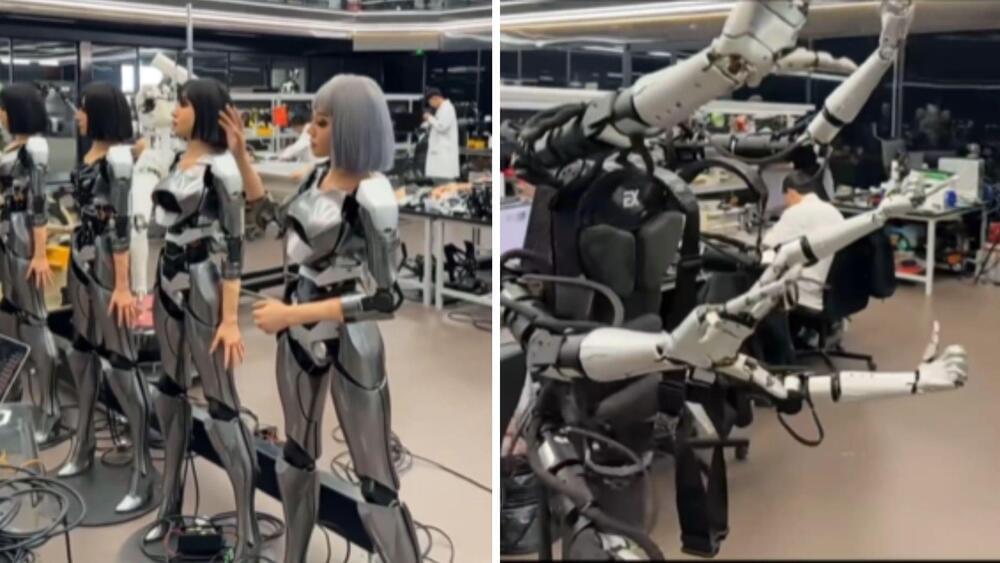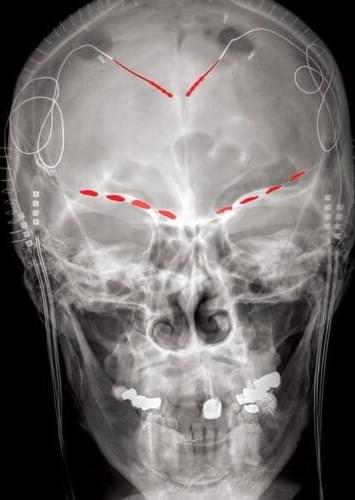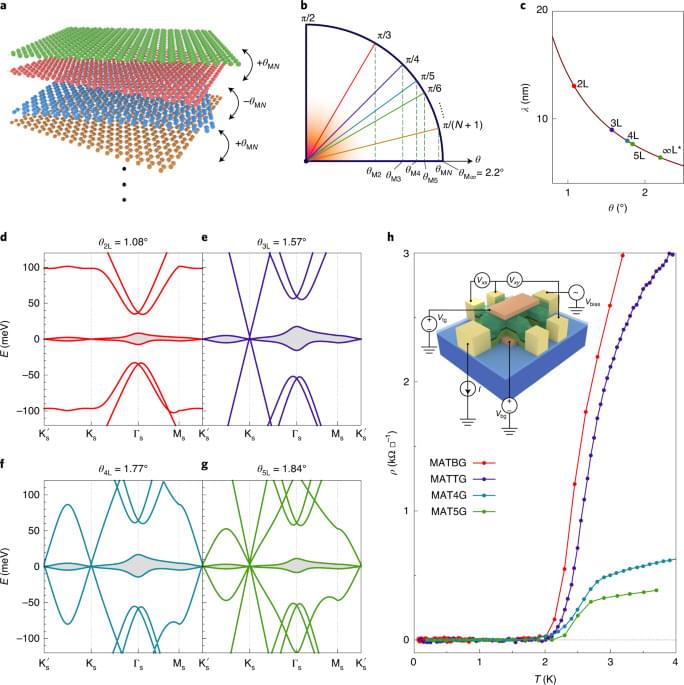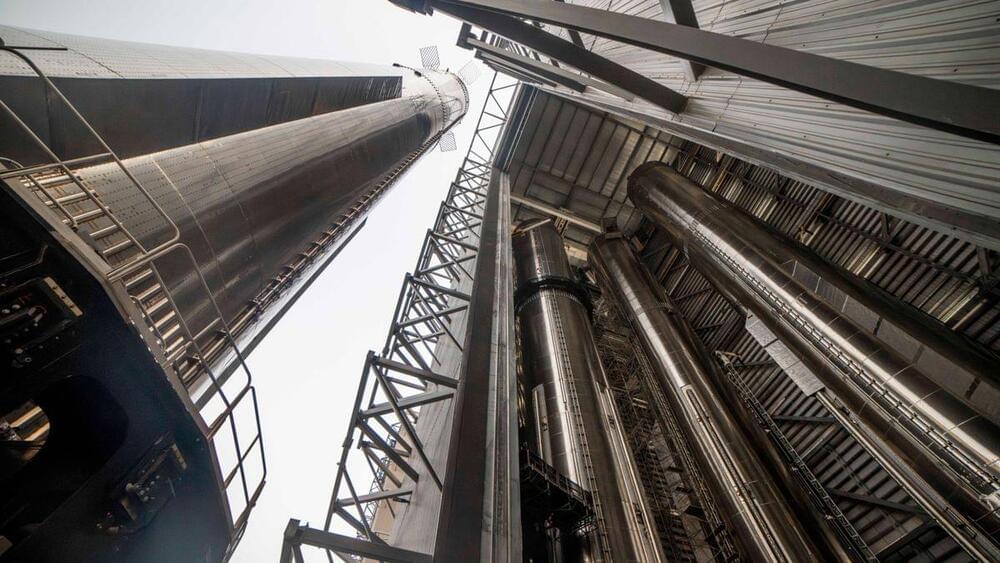A video depicting a Chinese humanoid robot factory reveals scores of robots at different stages of development, evoking surprise and concern.


Engineers at Stanford University have successfully combined AI and holographic imagery to develop the augmented reality headset of the future.
Researhcesr from EPFL and SIMIT have managed to develop a new lithium tantalate chip that could reduce costs and improve performance of PICs.

According to a statement by the firm, the study showed that AI models trained on hand images achieve comparable accuracy to those using facial images, with an average error of 4.1 and 4.7 years in predicting chronological age.
The AI model in the study was primarily trained by employing the Indian population dataset to ensure representation of diverse skin tones and address AI’s bias challenges, especially pertaining to ethnicity-specific considerations in age prediction.
By focusing on the Indian population, the study aimed to develop an AI model tailored to this demographic, mitigating biases and promoting fairer AI solutions. Additionally, the research’s market relevance in India’s growing skincare and AI sectors underscores the strategic importance of using an Indian dataset for this study.

Chapters 00:00 — Intro + Background 05:06 — From KART to KAN 07:56 — MLP vs KAN 16:05 — Accuracy: Scaling of KANs 26:35 — Interpretability: KAN for Science 38:04 — Q+A Break 57:15 — Strengths and Weaknesses 59:28 — Philosophy 1:08:45 — Anecdotes Behind the Scenes…
Portal is the home of the AI for drug discovery community. Join for more details on this talk and to connect with the speakers: https://portal.valencelabs.com/logg.
Abstract: Inspired by the Kolmogorov-Arnold representation theorem, we propose Kolmogorov-Arnold Networks (KANs) as promising alternatives to Multi-Layer Perceptrons (MLPs). While MLPs have fixed activation functions on nodes (\.

😗Year 2022
Superconductivity is reported in magic-angle twisted four-layer and five-layer graphene systems. While they find that all magic-angle graphene systems fit into a unified hierarchy of systems that share a set of flat bands in their electronic band structures, they also report that there is a key distinction between magic-angle twisted bilayer graphene and the other family members, related to the difference in the way the electrons move between the layers in a magnetic field.



We’re likely still a month or so away from the next launch of SpaceX’s Starship megarocket.
That was the timeline Elon Musk offered in a post on X over the weekend, saying Starship’s next test flight is “probably 3 to 5 weeks” away. “Objective is for the ship to get past max heating, or at least further than last time,” the billionaire entrepreneur added.